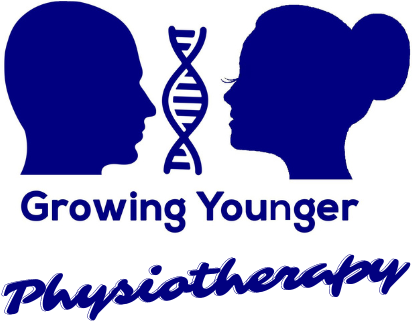
Back pain is extremely common. Did you know that about 4 in 5 Kiwis will suffer from serious back pain at some point in their lives?
The good news is that most lower back pain is acute (short-term) and can be easily remedied with self-care with no residual loss in function.
So what are the usual causes of back pain?
- Sprains and strains (eg. from picking up furniture)
- Intervertebral disc degeneration (natural wear and tear in your back)
- Disc injury
- Spondylolisthesis
- Traumatic injury (eg. car accident)
- Spinal stenosis (narrowing of spinal canal, slipping of one vertebrae on top of another)
- Skeletal irregularities (eg. scoliosis, muscle imbalance)
But watch out for THESE seven signs which will mean more ominous reasons for back pain:
- Unexplained fever or chills: The pain may be due to an infection around the stomach, abdominal area or back that could cause your body temperature to rise.
- Unexplained weight loss: Although very infrequent, unexplained severe weight loss can sometimes be a symptom of cancer. Now, when you purposefully changed your eating habits such as went on a diet and lost some weight – that it totally normal. However, unexplained weight loss together with lower back pain may indicate the need to check for cancer.
- Family history of autoimmune disease: eg. Rheumatoid Arthritis
- Referring pain, tingling, numbness in leg(s): Injuries that might hurt the back might cause compression of spine/nerve roots (commonly referred to as “pinched nerve in back”). The numbness, tingling or pain might be felt down one leg, or more severely, both legs or below the knee. These are typical slipped disc symptoms. These symptoms may indicate serious disc prolapse or disc hernia.
- Drop foot: If your toes drop as you walk and you are unable to pull them up to clear the ground, you might have damage either in you leg(s) or lower back.
- Difficult urinating or incontinence: If you have difficulty letting your number 1’s out or holding number 2’s, you might have cauda equina syndrome; a severe compression of spinal cord. You might also feel numbness around the groin or tailbone area.
- Pain progressively worsening over time or constant 24/7 pain: This may suggest a medical cause of pain rather than being a “typical” back pain.
What should you do if you have any of these signs?
- Don’t panic! These symptoms can be indicative of bigger problems, but can also be nothing.
- Contact a doctor or physiotherapist as soon as you can to get a professional opinion and find out the real cause.
- Follow their advice and complete the recommended rehab program to minimize the risk of recurrence.
For a 20-minute FREE assessment for your back from a qualified physiotherapist in Auckland, New Zealand, please contact us now to book at (09) 532 8942 or book online by clicking here
